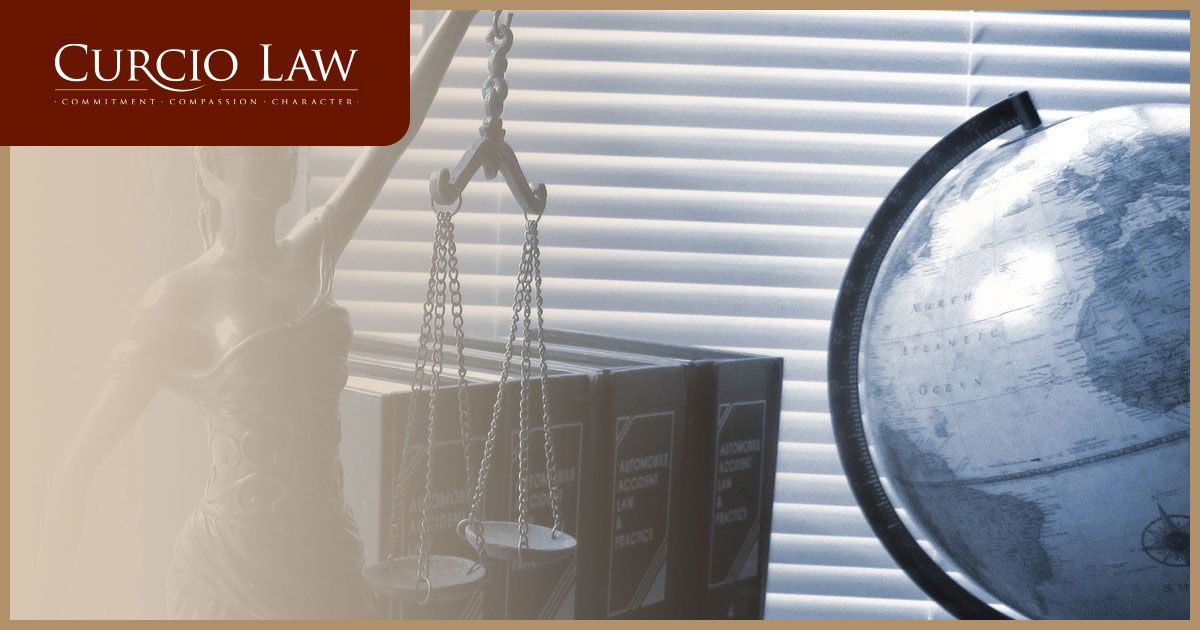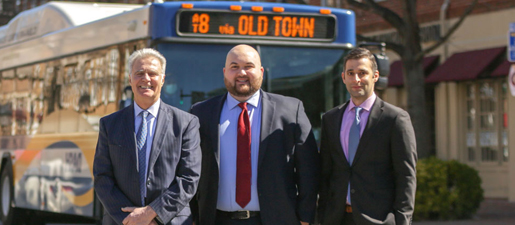
When someone suffers harm because of another person’s negligence, compensation usually focuses on making the injured party “whole” again.
That means covering medical bills, lost wages, pain and suffering, and other measurable losses.
But what happens when the personal injury comes from conduct so reckless, malicious, or outrageous that simply paying back losses doesn’t seem like enough? In Virginia, that’s where punitive damages come into play. Punitive damages go beyond compensation.
They exist to punish the wrongdoer and send a message that certain behavior won’t be tolerated.
What Are Punitive Damages?
Punitive damages aren’t the same as compensatory damages. While compensatory damages aim to restore what was lost, punitive damages are about punishment and deterrence.
They’re awarded only in rare cases where the defendant’s actions were especially harmful, intentional, or displayed a reckless disregard for someone else’s rights and safety. In Virginia, courts view punitive damages as a way to send a strong signal that particularly egregious behavior carries consequences beyond standard financial liability.
Because punitive damages are meant to penalize, Virginia law demands a higher standard of proof than a typical negligence case. A plaintiff must show “clear and convincing evidence” that the defendant acted with malice or a conscious disregard for the well-being of others.
This is more demanding than the usual “preponderance of the evidence” standard in civil cases.
When Do Punitive Damages Apply in Virginia?
Of course, not all personal injury cases qualify for punitive damages. Judges and juries award them sparingly and only in circumstances that justify an extra layer of punishment. Some examples of when punitive damages might be awarded include:
- Drunk driving accidents where the driver’s blood alcohol content is far above the legal limit
- Assault or intentional harm with the goal of causing deliberate injury
- Fraud, deceit, or malicious misrepresentation that results in serious harm
- Reckless disregard for safety rules, such as ignoring repeated warnings about dangerous equipment
For example, if a driver is extremely intoxicated and causes a catastrophic crash, a jury may decide to award punitive damages to punish that driver and deter others from making the same dangerous choice.
In contrast, an ordinary rear-end collision caused by momentary distraction generally would not meet Virginia’s standards for punitive damages.
Virginia’s Caps on Punitive Damages
Unlike compensatory damages, which theoretically have no ceiling as long as they reflect actual losses, punitive damages in Virginia are capped by law. The statutory cap is $350,000. That means no matter how severe the misconduct is, a plaintiff cannot collect more than that amount in punitive damages.
While this may sound restrictive, the purpose behind it is to ensure fairness and prevent awards from becoming excessively punitive or unpredictable.
This ceiling helps balance the goal of punishing outrageous behavior while still keeping the civil justice system predictable and consistent. Judges may also reduce punitive damages that seem disproportionately high in relation to the compensatory damages awarded in a case.
How Do You Prove Punitive Damages in Court?
Because Virginia law demands clear and convincing evidence of malicious or reckless conduct, plaintiffs must be well-prepared to support their claim. Courts look for evidence that goes beyond basic negligence. This means proving that a defendant knew, or should have known, that their actions posed a significant danger, but they continued anyway.
Evidence might include testimony from witnesses, police records, photographs, or prior warnings to the defendant about dangerous behavior. Courts also consider whether there has been a pattern of misconduct rather than just a one-time lapse in judgment.
If a plaintiff meets the burden of proof, the jury will then consider how much to award, within the statutory cap, based on the seriousness of the misconduct and the need to discourage similar behavior in the future.
How Do Punitive Damages Serve the Public?
Punitive damages also have an important social function. They discourage harmful, reckless, and intentional wrongdoing that might otherwise go unchecked. By making an example of defendants whose behavior crosses a line, courts reinforce community standards of acceptable conduct.
Punitive damages also give victims a sense that justice goes beyond a simple financial settlement.
They recognize that some wrongs deserve more than reimbursement; they deserve strong public condemnation. While these awards are rare, their existence helps hold powerful interests accountable when their actions endanger others.
Practical Tips for Virginians
If you are considering a personal injury case in Virginia and wonder whether punitive damages might apply, keep these tips in mind:
- Gather as much evidence as you can showing the defendant’s conduct
- Talk to witnesses who can describe reckless or malicious actions
- Request police reports and any other official records
- Consult with an experienced personal injury firm to determine if punitive damages are realistic
- Understand that the legal threshold is higher than for ordinary negligence claims
Punitive damages can dramatically change the stakes of a lawsuit, but only when the facts truly support them. A skilled attorney can help evaluate whether your case meets Virginia’s strict standards and how best to present that evidence.
Punitive damages in Virginia stand apart from standard personal injury compensation as they’re designed to punish the worst types of behavior. They are designed to send a clear message that certain reckless or malicious acts cannot be brushed aside with a routine settlement.
While the burden of proof is higher and the damages are capped, these awards still play an important part in protecting the public and upholding justice. If you suspect your case involves the kind of wrongdoing that goes beyond negligence, it may be worth exploring punitive damages with the help of legal counsel.
At Curcio Law, our experienced attorneys can guide you through Virginia’s specific requirements and help ensure that truly harmful conduct receives more than a financial slap on the wrist.

